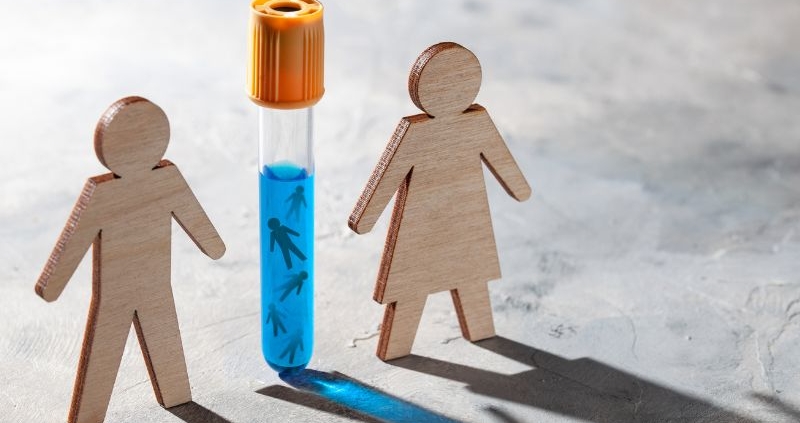Latest data released from UK fertility regulator
The Human Fertilisation and Embryology authority (HFEA), the UK’s fertility treatment regulator, has released the latest statistics on fertility treatment in the UK, and it makes for interesting reading.
One IVF baby in every classroom?
One stand-out stat that has been much quoted in the national press is that one in every 32 births in the UK in 2023 was a result of IVF treatment – the equivalent of one child in every classroom. That’s an increase of 34% in ten years, according to HFEA data.
The total number of IVF cycles carried out in 2023 was 77,500, on 52,400 patients, with around 20,700 babies resulting – suggesting a success rate of 27%. IVF births now make up around 3.1% of all births in the UK, up from 1.3% in 2000.
More fertility treatments in general since 2019
It isn’t just IVF use that’s on the increase in the UK – the data shows a steady rise in almost all fertility treatments in the UK from 2019 to 2023. Around 98,900 treatments were performed in the UK in 2023, broken down as follows:
- 78% IVF treatments
- 9% embryo storage
- 7% egg freezing
- 6% donor insemination (DI) treatments
More single patients using fertility treatment
The demographic with the sharpest increase in IVF treatment in 2023 was single patients, with a whopping 83% rise since 2019. Next was female same-sex couples, whose IVF use increased by 45%, to 2,559 couples treated in 2023.
There was also an increase of 1% in the number of single patients using donor insemination (DI) treatments, while every other demographic surveyed saw a decrease in DI treatment.
Egg freezing on the rise
Another fertility treatment that saw a significant increase was egg freezing, up from 4,700 treatments in 2022 to 6,900 in 2023. The largest increase was seen among women in their thirties.
This data tallies with what we are seeing here at Aria Fertility, with more and more women choosing to establish their career before starting a family, but not wishing to risk leaving it too late.
Egg freezing offers a great opportunity to preserve eggs produced when you are at peak fertility for use later on, allowing women more control over when they start a family.
How does egg freezing work?
As we age, the quality and quantity of the eggs we produce begins to decrease. While historically most women were having babies in their late teens and early twenties, nowadays that schedule seems less realistic, as study, work and travel often take priority in the first flush of youth.
To avoid missing your most fertile years, however, you can choose to have eggs surgically harvested and frozen, to be used at a later date when you feel ready to commit to parenthood.
Egg freezing is a minor surgical operation that takes between 20 and 30 minutes, and is performed using intravenous sedation, so you won’t feel a thing.
There is of course no obligation to use the eggs you have frozen if you eventually decide that family life is not for you, but many women (6,900 in 2023!), find that freezing their eggs allows them peace of mind as they pursue their career.
For more information on any of the treatments mentioned here, or to book a consultation, please contact us.

